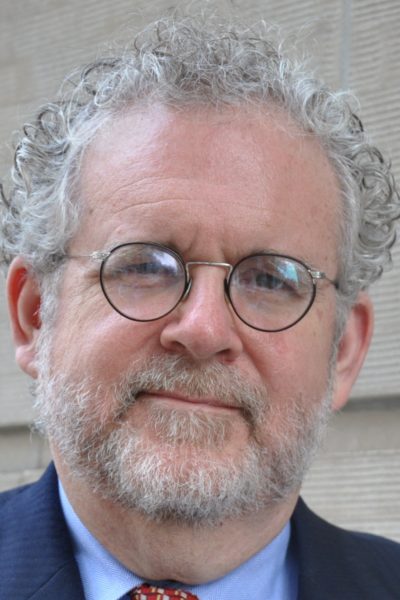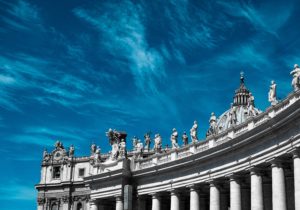The following lecture was recorded during Providence’s 2017 Christianity and National Security Conference.
Walter Russell Mead discusses the influence of Christian thought on foreign policy. He argues that foreign policy is not necessarily a religious activity, but that foreign policy, particularly American foreign policy, is deeply and importantly connected to Christianity and Christian eschatology.







 Live in the DC area? Sign-up for Providence's in-person events list!
Live in the DC area? Sign-up for Providence's in-person events list!